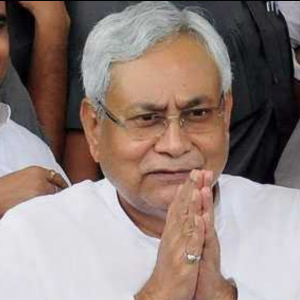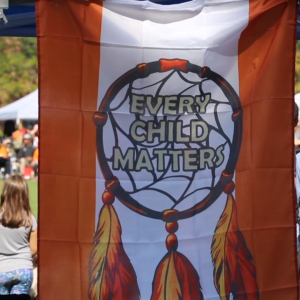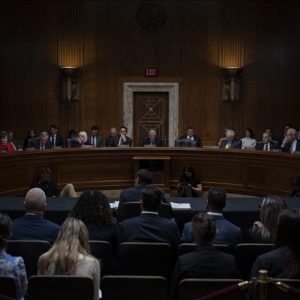British monarchy should formally apologize for role in slave trade: Labour for a Republic
LONDON (AA) – The British monarchy should apologize for its connections to the transatlantic slave trade if it “truly cared about beginning to rectify its role,” says an anti-monarchy campaigning organization.
The transatlantic slave trade, which is viewed as one of the darkest chapters in history, lasted for more than 400 years and victimized more than 15 million African men, women and children.
Beginning in the 15th century, the slave trade was in place until the Slave Trade Act 1807, also known as the Act for the Abolition of the Slave Trade in the British Empire. But slavery in the colonies continued for years even after the act.
Since England’s government and the monarchy had been deeply involved in the creation of the transatlantic slave trade for centuries, Britain’s Royal Family has been widely accused of taking part in it and has been urged by many to make an official apology.
The monarchy has not admitted its immoral role in the slave trade, said Ben Clinton, the campaign coordinator for the Labour for a Republic group, on International Day of Remembrance of the Victims of Slavery and the Transatlantic Slave Trade. The day, designated by the UN in 2007, is observed around the world with ceremonies and activities March 25 every year.
This year’s theme is “Fighting slavery’s legacy of racism through transformative education.”
“The enslavement of over 13 million Africans during the Transatlantic Slave Trade was driven by the racist ideology that these women, men and children were inferior because of the colour of their skin,” says the UN.
“Even in the current modern era, it is ambiguous as to how much of their current wealth derives from profits made off the backs of enslaved individuals, derived from crown-owned corporations such as the Royal African Company,” said Clinton.
The Royal African Company was known for being “prolific” within the slave trade as between 1672 and 1731 it transported more than 187,000 slaves from Africa to English colonies in North, Central and South America, according to the Slave Voyages website.
Sponsoring slaving voyages
Queen Elizabeth I was involved in the chartering of one of the first major ships for slave trading in the 16th century by sponsoring John Hawkins’ early slaving voyages. The direct involvement of the Royal Family in the slave trade has been verified by multiple sources. Hawkins is known as the first Englishman involved in the transatlantic slave trade.
“If the monarchy truly cared about beginning to rectify its role in this horrific and racist endeavour, they’d issue a formal apology and begin to redistribute some of their wealth to the descendants of victims of the slave trade,” said Clinton. “Their current refusal to complete either of these tasks shows they still haven’t gone far enough to remove relics of racism from the crown.”
Links between the Royal Family’s current wealth and the slave trade have also been a controversial issue as the slave trade funded Britain’s institutions.
One of the recent calls for the monarchy to apologize for colonialism and pay reparations came in an open letter by a group of Jamaican politicians, business leaders, doctors and musicians.
“We see no reason to celebrate 70 years of the ascension of your grandmother to the British throne because her leadership, and that of her predecessors, has perpetuated the greatest human rights tragedy in the history of humankind,” said the letter released after Prince William’s and his wife Kate’s visit to the Caribbean in 2022.
William expressed “profound sorrow” about the horrors of the slave trade which sparked anger because many said it “fails to apologize.”








